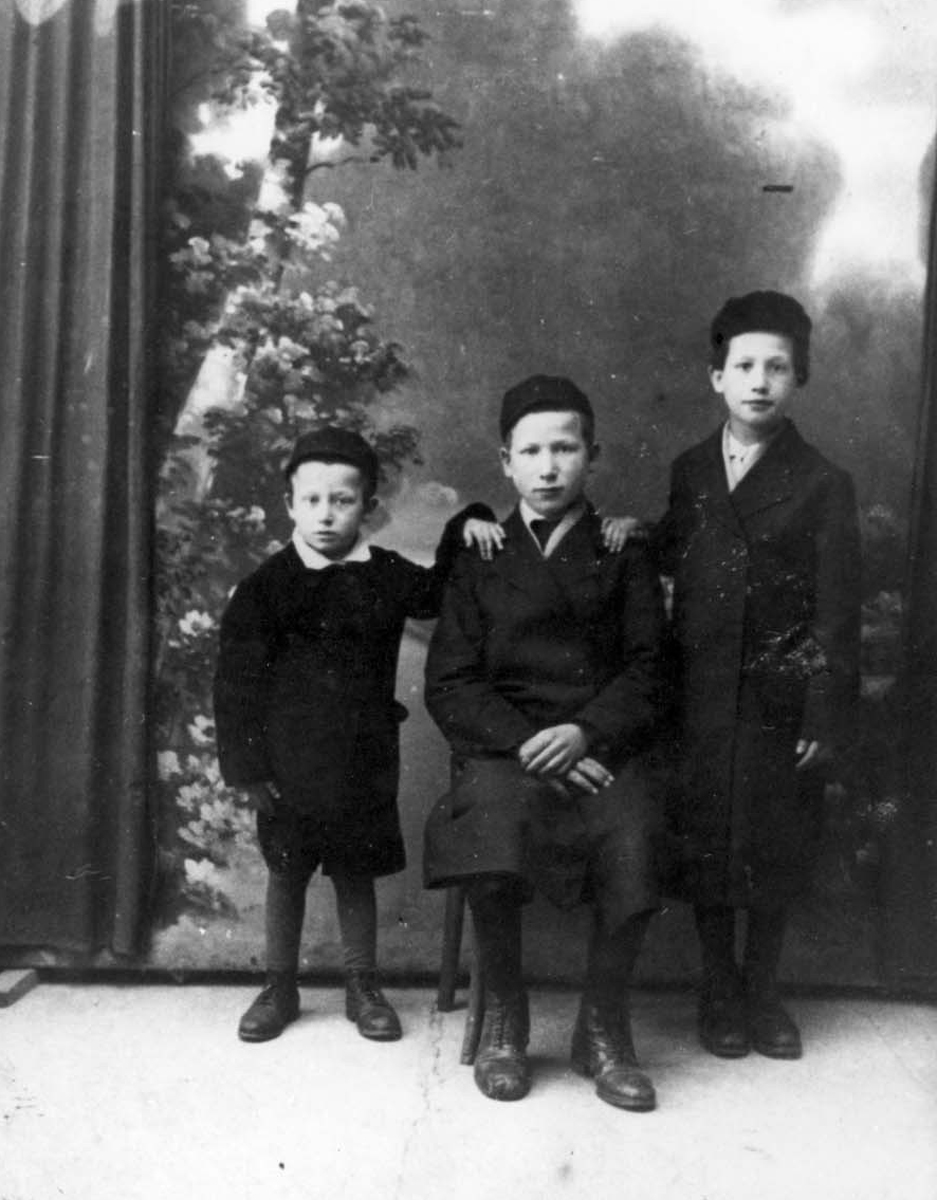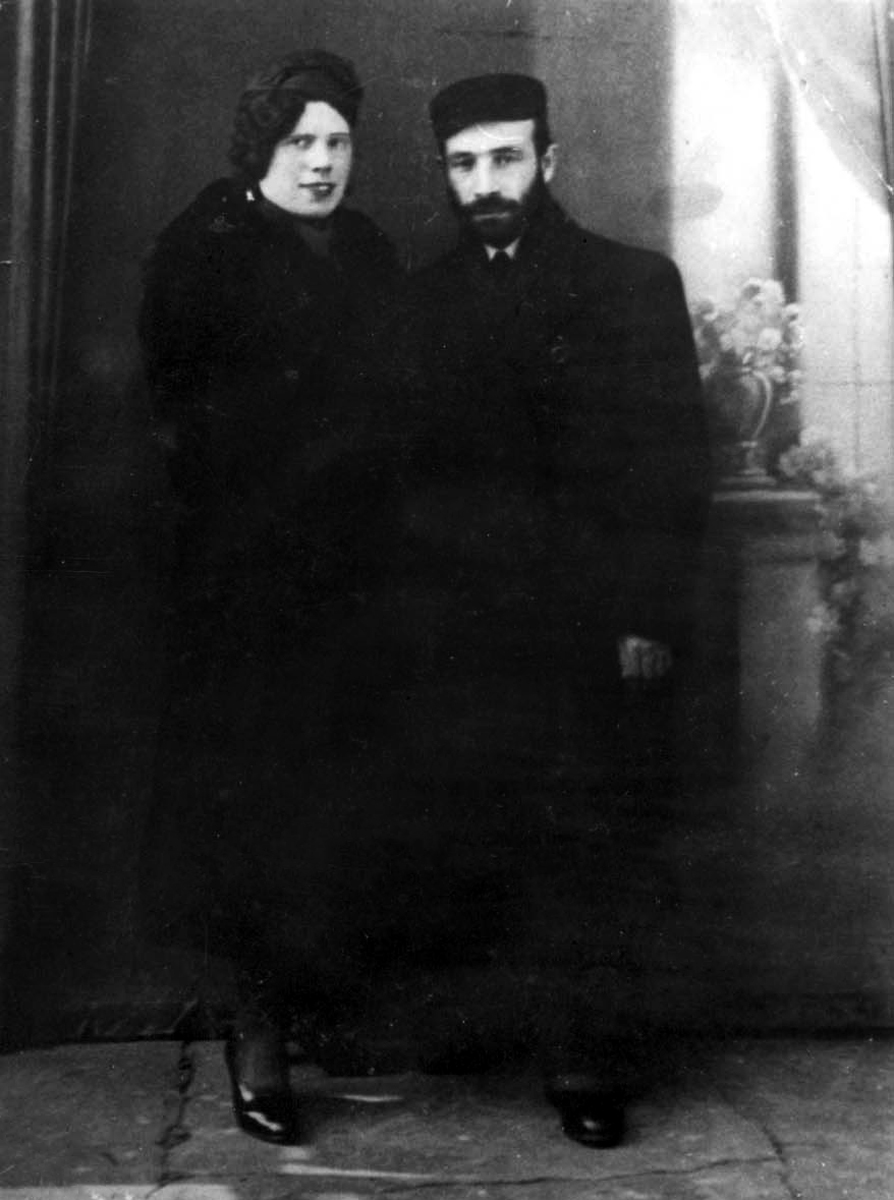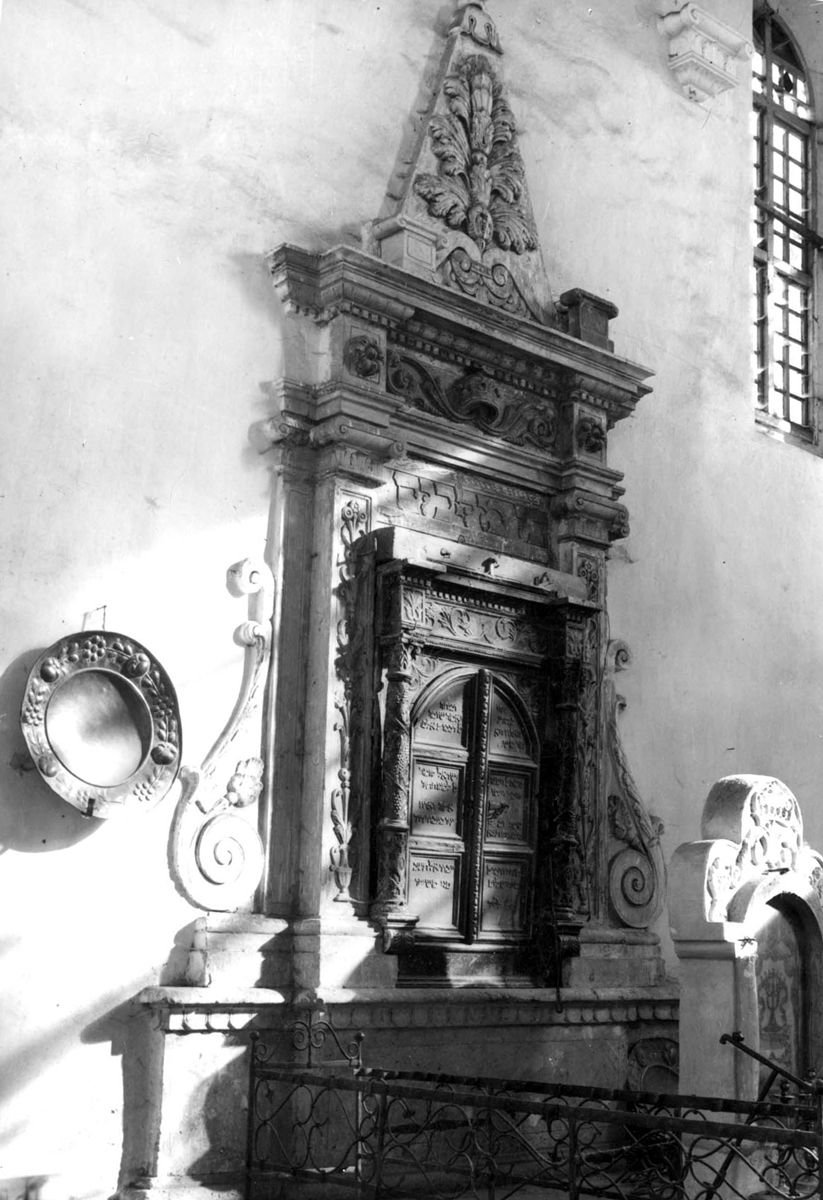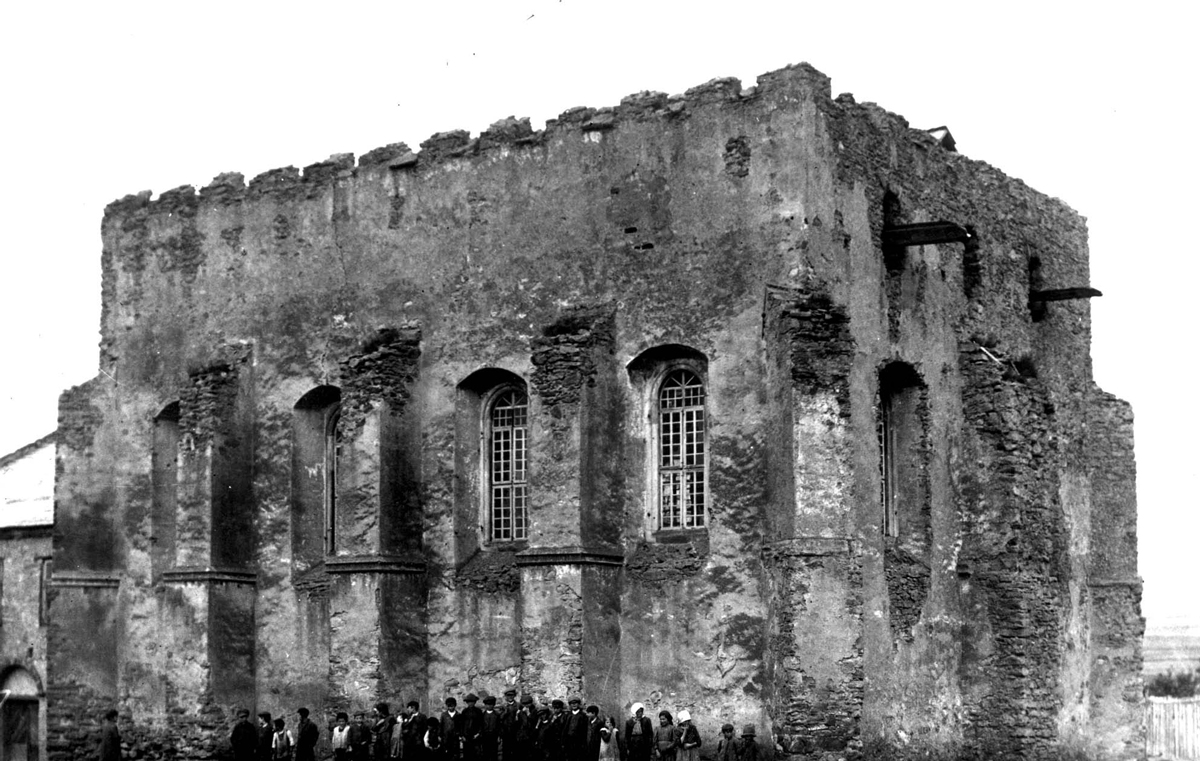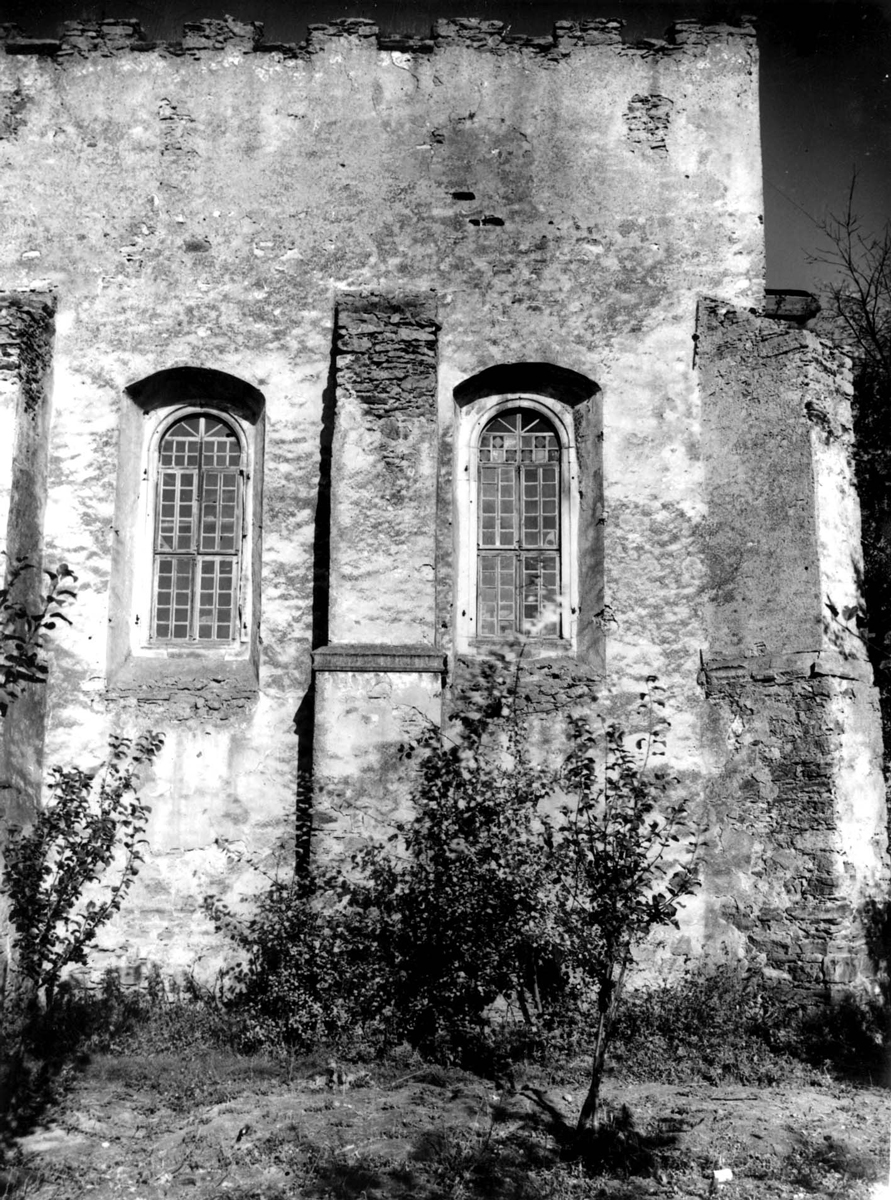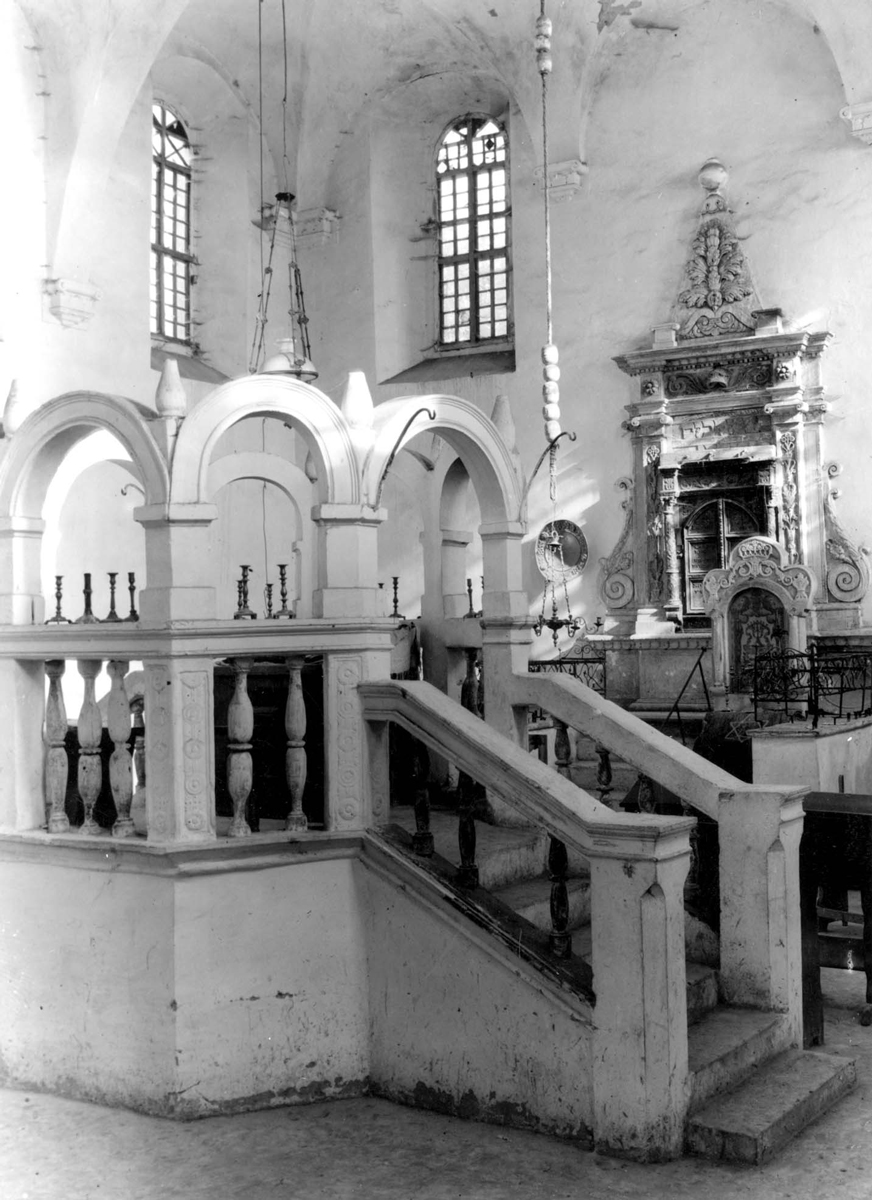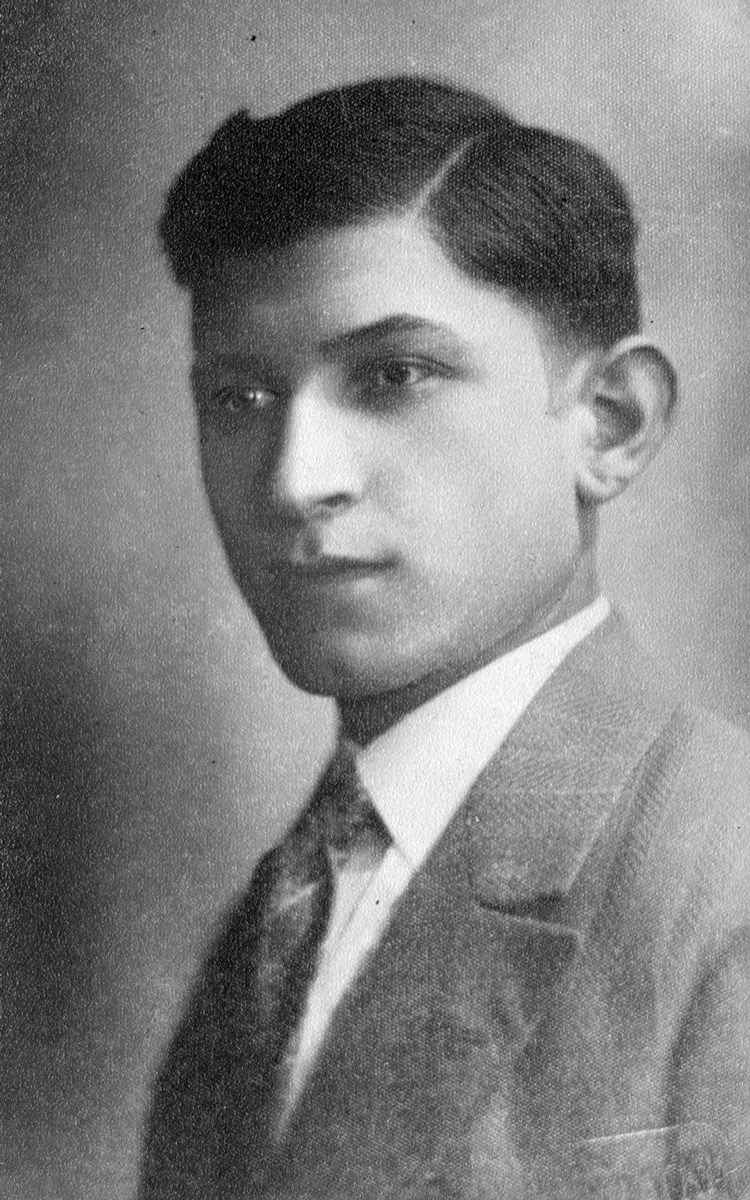Szydłowiec was founded in the 13th century, and three hundred years later it had become an important commercial and industrial center. The Jewish community in Szydłowiec was relatively affluent; its members made their living primarily from industry and trade. At the end of the 19th century, some 6,000 Jews lived in Szydłowiec, constituting approximately 75% of the population. At this time the Jews of Szydłowiec began to work as leather tanners and shoe manufacturers – new occupations that joined, but did not supplant, the Szydłowiec Jews' traditional employment in commerce and industry. In the 19th century the town became an important Hassidic center.
Yad Vashem Photo Archives 1869/212
During the early 20th century, Jewish workers in Szydłowiec began to mobilize politically, and a branch of the Jewish Socialist movement, the Bund, was established in town. One of those responsible for this was Yaakov Tannenbaum, who was incarcerated for taking part in anti-Tsarist activities during the 1905 Russian Revolution.
Jewish trade union activists from Szydłowiec were among the first to promote the ideas of the Enlightenment, and they held a place of prominence in the town's social, political and cultural arenas. Some of them were sentenced to imprisonment for Socialist activism and the organization of collective strikes. The pamphlets disseminated by the Jewish Socialist underground in Szydłowiec led to the creation of the first Jewish library in the town. This library began as an underground operation that attracted predominantly young people. Local activists established a “Kulturverein” (culture club), where Jewish youth gathered to hear literary lectures and public debates on various social issues.
The German occupation during World War I brought about an intensification of the push toward the ideas of the Enlightenment. The Germans overturned the restrictions imposed by the Tsarist regime, which had banned activities and organizations of a political nature. Hereafter the Bund established public kitchens on a cooperative basis, and a branch of the Poalei Zion movement was founded in Szydłowiec. Members of Poalei Zion were also responsible for important cultural and educational developments, which included organizing drama and music classes (as part of their group, Hazamir), and the establishment of a Hebrew school with four classes.
At the end of World War I, Szydłowiec had some 7,200 Jewish residents. They earned their living primarily from the clothing industry, wholesale and work in construction. Some 150 Jewish workshops produced clothing-related articles. Dozens of workshops produced thousands of pairs of shoes annually, which were in part supplied to Russia. A number of Jews in Szydłowiec owned flour mills and quarries, while others were large-scale merchants. Szydłowiec was home to two Jewish banks, one of which was Zionist. Most of the members of the Jewish trade unions belonged to the Bund; labor disputes in Szydłowiec led to recurring strikes.
Szydłowiec was also home to some Zionist parties, including the Herzliyah youth group and club, founded by the General Zionists. During the 1930s the Hashomer Hatzair and Hashomer Hadati movements established branches in Szydłowiec for practical Zionist training (hachshara).
Most of the Jewish representatives on the city council were Zionists, and only a minority were representatives of Agudat Yisrael and the Bund.
Most Jewish children were educated in the three Polish primary schools in Szydłowiec, in addition to which they had supplementary religious studies in the afternoons. Dozens of private Talmud Torahs operated in the town, alongside a Hebrew school established by Poalei Zion, a Beit Yaakov school for girls, and a small school belonging to the Yavne network established by the Mizrahi movement.
